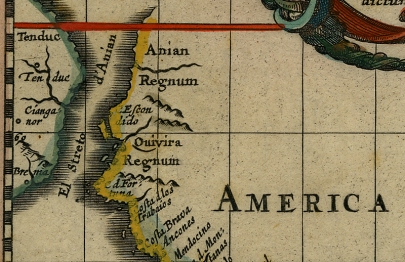Muster Stations Transport Canada
Instruction upon departure, ..... is supposed to take place without any distractions eg. electronic wizardry, ear phones, cell phones, computers... Every day thousands of Metro Vancouverites take the Seabus from the North Shore to Downtown and never has there been a moment of fear, which speaks well for Translink's safety record but what of the disaster scenarios.
Schools and Hospitals are required to have emergency evacuations, at least once a year. Has the Seabus fleet tried? Passengers trying? Cyclists bikes blocking the life preservers under the seats at the bow and stern and the Children's life jacket lockers?
Should the 'Exit This Side' display be on during the whole crossing or only upon arriving?
The video instructions are all about How To properly don a life jacket.
Obviously the point of having Muster Stations is to ensure that the quickest means of egress from a vessel in distress is to save lives with a minimum of fuss.
There are NO lines drawn on the Seabus Vessels carpet indicating which is YOUR Muster Station.
Muster Station on Otter II
Left side / Port side on Red Background
Muster Station on Otter II
Right side / Starboard side on Green Background
For landlubbers: lump less letters together as opposed to more letters:
Port/Left/Red vs Starboard/Right/Green
The one thing that is common to both are the trash cans blocking the Muster Station areas. In a case of emergency where are the trash and recycling bins moved to?
Shouldn't the Muster Stations be clear of ALL obstacles at all times?
Which crew member has the duty to move them out of the way in an emergency? Other than the daily news ..... newspapers being handed out before boarding in the morning, is there really a need for four garbage bins on board when there are more bins on the floating terminals, and are they subject to Canadian Coast Guard regulations along with Transport Canada regulations?
TransLink has '
Rules and Regulations' are for land base activities, but there's nothing published for the sea based activities.
Sep 18 2009 - Rules and Regulations
Transport Canada Minimum Standards Safety
We were asked to put these plastic booties on. I think it was so we wouldn’t puncture the raft.
December 1, 2009, 9:00 am
The Burrard Pacific Breeze enters the west dock on the north terminal.
I got to participate in a rescue exercise with the new SeaBus yesterday morning!
SeaBus staff ran through its man overboard procedures, and ran a huge
group of people through its emergency evacuation process. All the
SeaBuses do
these exercises every year! And we all were quite thankful
for sunny weather yesterday, since we all had to sit in a rubber raft
and get towed to shore.
The new SeaBus will hopefully be in service this December — it’s
awaiting certification from Transport Canada, and this exercise was part
of the federal tests.
Here’s some photos of the day, and a sneak peek of the new SeaBus interiors!
Everyone gets ready for the exercise.
Staff from TransLink and CMBC volunteered for the exercise, and a big
group of students from BCIT’s Marine Campus also joined in. Here we are
meeting near one of the docks in the North Terminal.
A video of us boarding the new SeaBus! The seats are lovely!
The middle of the SeaBus.
The centre of the SeaBus features two long rows of seats now.
Plastic booties!
We were asked to put these plastic booties on. I think it was so we wouldn’t puncture the raft.
Near one end of the SeaBus.
The seats at the front of the SeaBus. Notice the “Exit This Side” LED displays!
We sailed around in circles for a little while. An inspector from
Transport Canada was on board, inspecting the engines and other things.
SeaBus's little friend!
One of the SeaBus folks explained that a small boat is kept on shore
to help out when a SeaBus has any issues. For this exercise, the boat
was following the new SeaBus, and it towed our life raft to shore when
we all evacuated.
The man overboard exercise.
SeaBus staff performed a man overboard exercise. (Nobody actually
went overboard, but they did run through the procedures.) The marine
attendant was hooked to the SeaBus via an anchor in the doorway. I also
saw blankets pulled out on board to warm up the person overboard once
they were pulled in.
Life vests under the seats!
Then marine attendants guided us through the evacuation routine, and
we all pulled out our life jackets from under the seats. They needed a
bit of tugging but we got them out!
PS
The reason for COMPASS cards..... missing body counts























